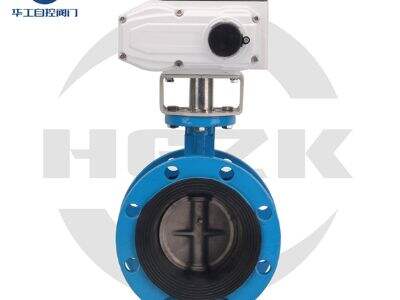Electric valves are used as significant aids in controlling liquid or gas flow in a variety of systems. It’s crucial to understand how to maintain these valves and repair them if they malfunction. In this guide, we will teach you everything you need to know about your Electric Valves, from their fundamentals, step-by-step instructions for their upkeep, common issues, and how you can go about resolving them.
What are Electric Valves?
Despite this controversy, electric valve would open and close in order to regulate the passage of either liquids and/or gases. In addition to factories and farms, they are employed in plumbing. Electric valves operate only on command, by an electrical signal to open or close them. This allows people to control the flow of the liquid or gas.
For electric valves, here’s how to take care of them.
Electric valves require maintenance to perform well. Here is how you can do that yourself with a few easy steps:
Check the valve: Ensure there is no damage or any kind of wear and tear. Look for leaks, cuts or rust on the valve.
Clean the valve: Get rid of any dirt and other gunk that is getting in the way of the valve functioning properly.
Inspect electrical connections: Ensure they are secured and not broken.
Lubricate hinges: Oil hinges so that they open and close easily.
3) Test the valve: You’ll want to open and close the valve several times to ensure it is functioning properly.
Here are the most widespread problems and what to do about them.
Electric Valves Even with maintenance, electric valve for water can have issues. Here are some common problems and solutions:
Valve not opening or not closing properly: This can occur because of a poorly installed electrical connection, or because the valve is stuck. Insulate the lines and clean the valve.
Leaks: If you see leaks coming from around the valve, it may be a worn seal. Replace the seal to halt the leak.
Noisy operation: If you’re hearing loud noises when the valve runs, something is likely amiss. Grease the joints to assist in minimizing sound.
Valve not Opening or Closing: If you’re at the point where you’re no longer getting the valve to open and close when an electrical signal is given, double-check your wiring and then attempt to remove and clean the valve.


































